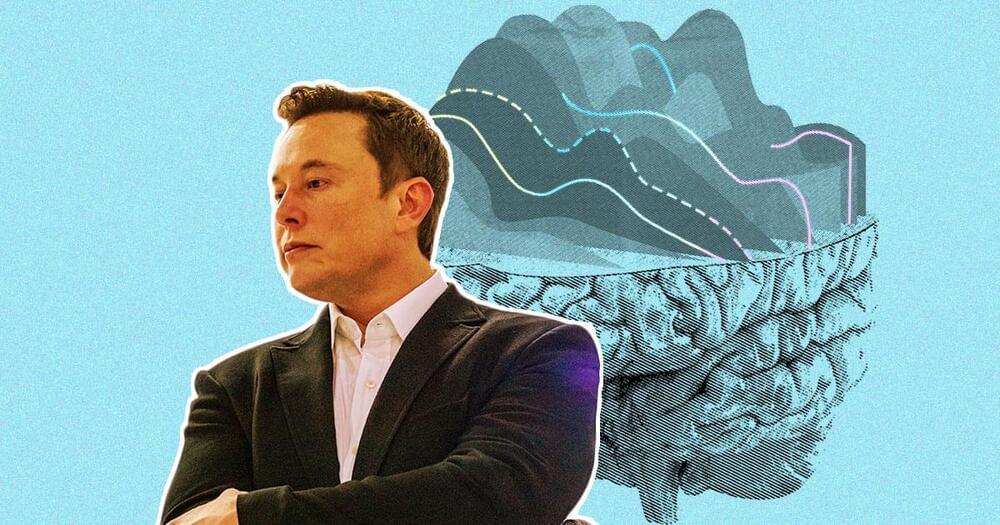Science today stands at a crossroads: will its progress be driven by human minds or by the machines that we’ve created?



Hibernating astronauts could be the best way to save mission costs, reduce the size of spacecraft by a third and keep crew healthy on their way to Mars. An ESA-led investigation suggests that human hibernation goes beyond the realm of science-fiction and may become a game-changing technique for space travel.
When packing for a return flight to the Red Planet, space engineers account for around two years’ worth of food and water for the crew.
“We are talking about 30 kg per astronaut per day, and on top of that we need to consider radiation as well as mental and physiological challenges,” explains Jennifer Ngo-Anh, ESA research and payload coordinator of Human and Robotic Exploration and one of the authors of the paper that links biology to engineering.

Bear-like human hibernation could enable ambitious proposals for Mars.
On Monday, the European Space Agency published a report explaining how hibernation could help humanity get to Mars. The agency explained that when bears hibernate, they use fewer resources without letting their muscles and bones go to waste.
For a multi-month trip to Mars, it could help a crew complete their trip with reduced stress levels and fewer medical complications. Crew members would enter pods, administer a drug, and let the ship handle operations for most of the flight.

Yanis Varoufakis also discussed “pay-to-earn” and the blockchain’s long-term consequences.
Former Greek Finance Minister and one-time in-house economist at Valve, Yanis Varoufakis, gave a long and freewheeling interview to the website, the Crypto Syllabus, focusing on the blockchain, its potential and disappointments, and where it sits in the larger context of politics, surveillance, and economics.
Of particular note to PC Gamer readers is his description of his time with Valve. Varoufakis had access to Valve’s data on Steam’s nascent player-to-player marketplace in the early 2010s, which he used to advise the company and his own economics research. Describing Valve’s initial pitch to him, Varoufakis said:

“They’re almost perfect,” she said.
Because the farms are not dependent upon the seasons they can acheive up to 10 crop cycles per year as opposed to 1 to 2 cycles in normal agriculture, producing up to 80 tons of food annually.
Because of this, one indoor acre is equivalent to 4–6 outdoor acres, Riffat says.

In an interview with Bloomberg, he said: “Companies in flight tracking have millions in revenue per year. Just a small cut of what they make would be good revenue for me.”
Musk reached out to the teen in November last year and offered $5k for him to stop the tracking of his private jet. Mr Sweeney said: “The amount of time and dedication I have put into it is cool — like, 5K isn’t enough to drop it.”
He added: “You know, it’s kinda strange, he wants it down and seems like he’s really mad.”

Elon Musk has always said that Neuralink, the company he created in 2016 to build brain-computer interfaces, would do amazing things: Eventually, he says, it aims to allow humans to interact seamlessly with advanced artificial intelligence through thought alone. Along the way, it would help to cure people with spinal cord injuries and brain disorders ranging from Parkinson’s to schizophrenia.
Now the company is approaching a key test: a human clinical trial of its brain-computer interface (BCI). In December, Musk told a conference audience that “we hope to have this in our first humans” in 2022. In January, the company posted a job listing for a clinical trial director, an indication that it may be on track to meet Musk’s suggested timeline.
Musk has put the startup under unrelenting pressure to meet unrealistic timelines, these former employees say. “There was this top-down dissatisfaction with the pace of progress even though we were moving at unprecedented speeds,” says one former member of Neuralink’s technical staff, who worked at the company in 2019. “Still Elon was not satisfied.” Multiple staffers say company policy, dictated by Musk, forbade employees from faulting outside suppliers or vendors for a delay; the person who managed that relationship had to take responsibility for missed deadlines, even those outside their control.
The pandemic disrupted a niche mode of travel where passengers could book spartan rooms on commercial vessels for about $100 to $150 per day.
Edit blurry, old, damaged pictures. Improve and restore quality.
